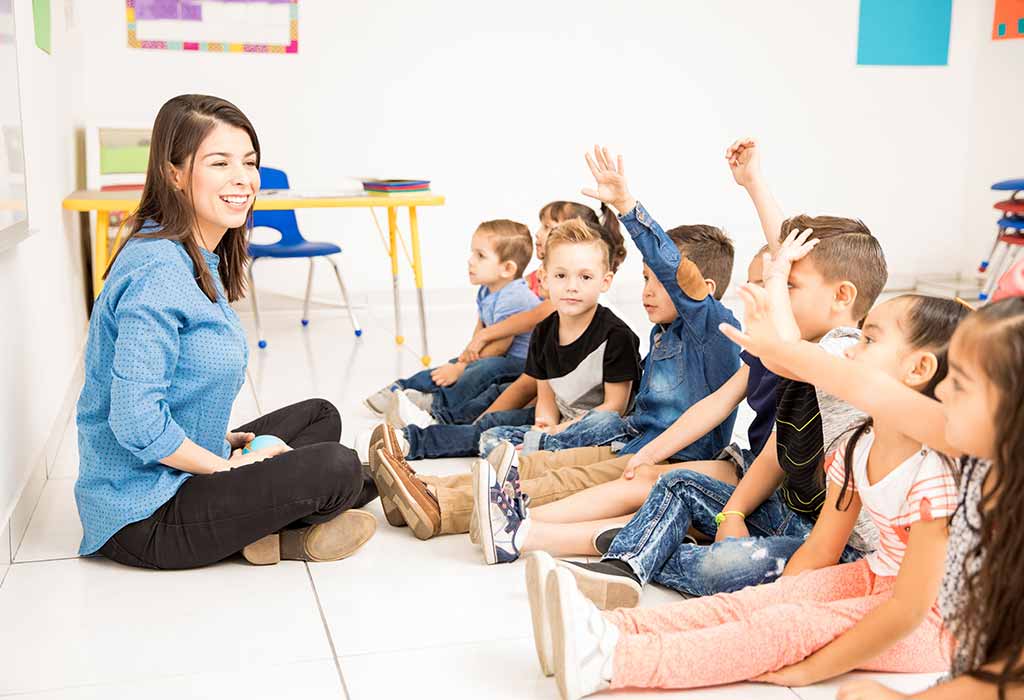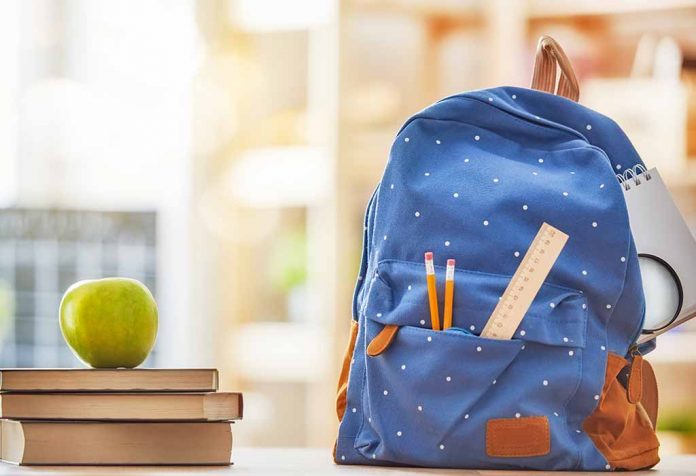Did you know that just like some kids and their parents, many teachers also experience nervousness about the first day of school? While a new academic year looks promising and kids are excited about learning, meeting their classmates, and making new friends, for the teachers, it is a different ball game, especially when the students return to normal school life after two complete years. If you are geared up for your child to go back to school physically this year, you must’ve already thought about, and even, communicated your expectations from the school. But, just like you and many other parents, the teachers are likely to have some expectations too. No, you won’t have to send an apple every day. However, you could take note of a few things and ensure your child follows them to have a great start to another academic year!
Thank you for reading this post, don't forget to subscribe!

Things The Teacher Will Expect Of Your Child When School Begins
According to our in-house educator Ashlesha Khare, the first and foremost concern teachers have in the present times is whether kids will be able to settle in once they are back to school. We’ve tried to elaborate on what Miss Ashlesha’s said that would help your child adjust to the new schedule.
1. Altering The Routine
Your child’s current routine might make going back to school a challenge. So, whether they’re preschoolers or older kids, adjusting to the new routine might suck the excitement out of returning to school. But fret not; because you, the parent, can make the shift unnoticeable by following a timetable at home closer to the school routine. Set the wake-up and sleep time as per a usual school day, have your child eat their meals at a fixed time and engage them in learning or creative activities during the hours they are most likely to be in school. That being said, when school begins, space out time for homework, additional studies, classes, hobbies, playtime, etc., in ways that allow your child to take ample breaks to recharge their batteries and be physically and mentally ready to take on each day.
2. Knowing The Prerequisites, Guidelines, And Instructions
Now, the schools are likely to send in some prerequisites, basic guidelines and instructions for your child to follow; eg, brushing up on the knowledge gained during the online classes, reading books, completing assignments, etc. Your child will be expected to complete these to be able to catch up on the curriculum effortlessly. If there are concerns about understanding these prerequisites, the teachers expect you to reach out and seek clarity, which leads us to the next point.
3. Opening The Communication Channels
Students, teachers, and parents need to be able to communicate efficiently and effectively with each other. Thus, open up all communication channels and encourage your child to express and seek clarity whenever needed. Also, keep the teachers looped in on any major events in your child’s life, such as the loss of a loved one. It will help the teachers handle any possible outbursts sensitively and help the child settle in. Miss Ashlesha also adds that the teacher, the parent, and the child form a triangle (of communication), which must not be broken if you want your little one to develop in the best possible way.
4. Ensuring Hygiene And Self-Grooming
We’re sure that your child is thorough with this, but a quick brush-up on habits such as covering the mouth when sneezing or coughing, washing hands with soap, maintaining a neat hairstyle appropriate for school, trimming nails, wearing clean clothes and socks, etc., will develop and enhance your child’s personality.
5. Motivated Them To Go To School
The onus of creating a smooth transition from home to school, especially for preschoolers, is on the teachers. However, older kids are expected to be self-motivated, attentive and interactive in the classroom. If you have an older child, talk to them about the activities that they will get to do at school, such as meeting their friends in person, playing a game of tag on the playground during recess on a sunny day, playing name-place-animal-thing in the classroom or reading books in the library when it is raining cats and dogs outside. These pockets of fun will get your child motivated to adapt to the new routine sooner than you expect.
6. Being Compassionate
Miss Ashlesha also draws our attention to all the misconceptions and fears that children, just like the grownups, may be carrying with them due to the pandemic. It is, therefore, upon the teachers and the parents to educate kids about the reality of the situation and help them become sensitive toward the issues. Children should come together to make each other strong. It is a new start, and we want all the kids to enter this new phase knowing that kindness and compassion are as important as intelligence and good grades.
We hope that these inputs from our in-house educator help you prepare your little one to go back to school and make the most of it!











